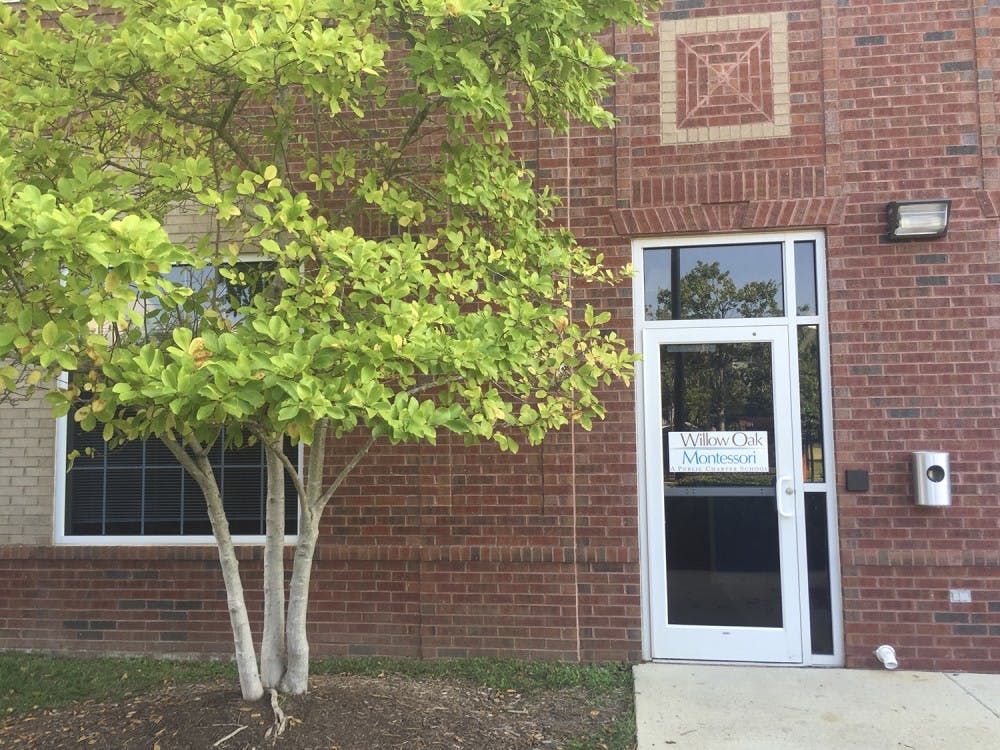Charter schools receive public funding, but have more freedom with financial and administrative operations than public schools. They have increased academic accountability, and low test scores can result in losing a charter.
Charlotte’s Community Charter School is facing closure after 20 years due to low test scores and enrollment. On Nov. 16, the N.C. Charter Schools Advisory Board demanded Raleigh’s largely minority Hope Charter Leadership Academy improve its test scores or face losing control of the school.
Terry Stoops, director of education studies at the John Locke Foundation, said the closures show the schools are being held accountable.
“Charter schools that do not meet academic or operational standards are closed and they should be,” Stoops said. “On the other hand, failing district schools continue operating indefinitely, which does a disservice to taxpayers, parents and, most importantly, the children who are forced to attend those schools.”
Stoops said charter schools’ freedom benefits public schools.
“One of the advantages to implementing a strong system of charter schools is that they can serve as ‘laboratories of innovation’ that inform instructional practice in district schools,” he said.
For a charter school to open, it must be legally authorized. Douglas Lauen, an associate professor of public policy at UNC, said North Carolina’s authorization process is highly regulated compared to other states.
When N.C. charter schools were first created, some of the schools hoped they would serve the needs of more disadvantaged students, said Helen Ladd, a public policy professor at Duke University.




